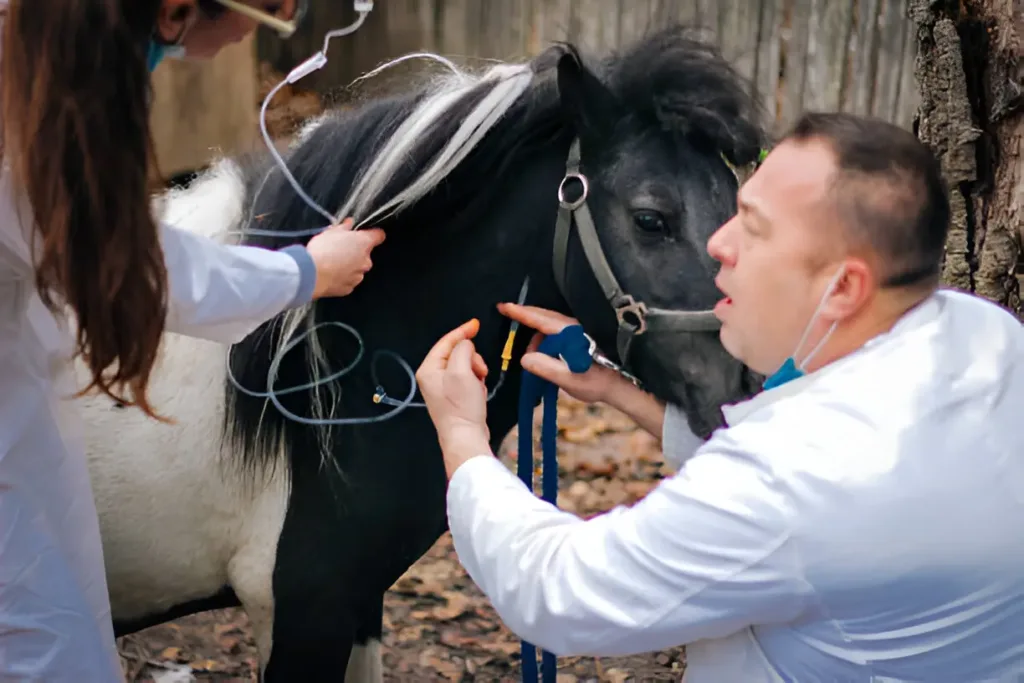Introduction
Residential treatment centers are increasingly embracing innovative therapies to enhance mental health care. Traditional talk therapies are being complemented with creative and experiential approaches like equine therapy and art therapy. These therapies offer new avenues for expression, healing, and personal growth.
Understanding the Scope of Innovative Therapies
Beyond Conventional Methods
While traditional psychotherapy plays a crucial role in mental health treatment, innovative therapies offer alternative ways to heal. These therapies often provide a non-verbal outlet for emotions and experiences that might be difficult to express through words alone.
The Growing Popularity
A survey by the National Association of Psychiatric Health Systems found that many residential treatment centers now incorporate alternative therapies. These methods are becoming increasingly popular as they offer holistic care that addresses emotional, cognitive, and social needs.
Equine Therapy: Healing with Horses
The Power of Animal Connection
Equine therapy involves interactions with horses to promote emotional growth and healing. The American Psychological Association notes that this therapy can improve mental health by enhancing self-confidence, responsibility, and empathy.
Practical Applications
In equine therapy, patients engage in activities like grooming, feeding, and leading horses under the guidance of a therapist. These interactions can help develop skills such as non-verbal communication, assertiveness, and problem-solving.
Art Therapy: Unleashing Creativity
A Canvas for Expression
Art therapy allows individuals to express themselves through artistic mediums like painting, drawing, or sculpting. According to the American Art Therapy Association, this form of therapy can help individuals explore emotions, develop self-awareness, and manage stress.
The Therapeutic Process
In art therapy sessions, therapists guide patients to create art that reflects their feelings and experiences. This process can uncover underlying issues and offer a new perspective on emotional challenges.
The Benefits of Innovative Therapies
Enhancing Emotional Insight and Self-Discovery
These therapies provide a safe space for self-exploration and discovery. They can help patients understand and express their emotions in a therapeutic setting, leading to deeper insights and personal growth.
Building Skills for Life
Participation in these therapies can also foster life skills like resilience, patience, and emotional regulation. These skills are essential for successful coping in day-to-day life post-treatment.
Integrating Innovative Therapies into Treatment Plans
Personalized Care Approach
Incorporating innovative therapies into a patient’s treatment plan should be based on individual needs and preferences. Personalization ensures that each patient receives the most beneficial combination of therapies.
Collaborative Treatment Teams
Successful integration of these therapies involves collaboration between different healthcare professionals. This team approach ensures comprehensive care that addresses all aspects of a patient’s well-being.
Case Studies and Evidence
Research Support
Studies have shown positive outcomes associated with these therapies. For instance, research published in the Journal of Clinical Psychology found significant improvements in mental health symptoms for patients participating in equine therapy.
Success Stories from Residential Centers
Many treatment centers report transformative experiences for patients who engage in innovative therapies. Patients often describe these therapies as life-changing, offering breakthroughs that were not achieved through traditional methods alone.
Challenges and Considerations
Accessibility and Cost
One challenge is the accessibility of these therapies. Not all treatment centers have the resources or facilities to offer them, and cost can be a barrier for some patients.
Ensuring Qualified Practitioners
It’s crucial that these therapies are conducted by trained and certified professionals. This ensures the safety and effectiveness of the therapy.
The Future of Innovative Therapies in Mental Health Treatment
Expanding Access and Research
As interest in these therapies grows, efforts are being made to increase accessibility and further research their effectiveness. This could lead to more widespread adoption in residential treatment settings.
Tailoring Therapies to Evolving Needs
The field of mental health care is constantly evolving. Innovative therapies will continue to adapt and develop to meet the changing needs and preferences of patients.
Conclusion
Innovative therapies like equine and art therapy offer valuable tools in the realm of residential mental health treatment. They provide unique ways for patients to explore and express their emotions, fostering healing and personal growth. As we continue to recognize the benefits of these therapies, their role in comprehensive mental health care is likely to grow, offering new hope and pathways to recovery for many.
Also Read – The Ultimate Guide to Foods for Mental Health: Nourishing Your Brain
